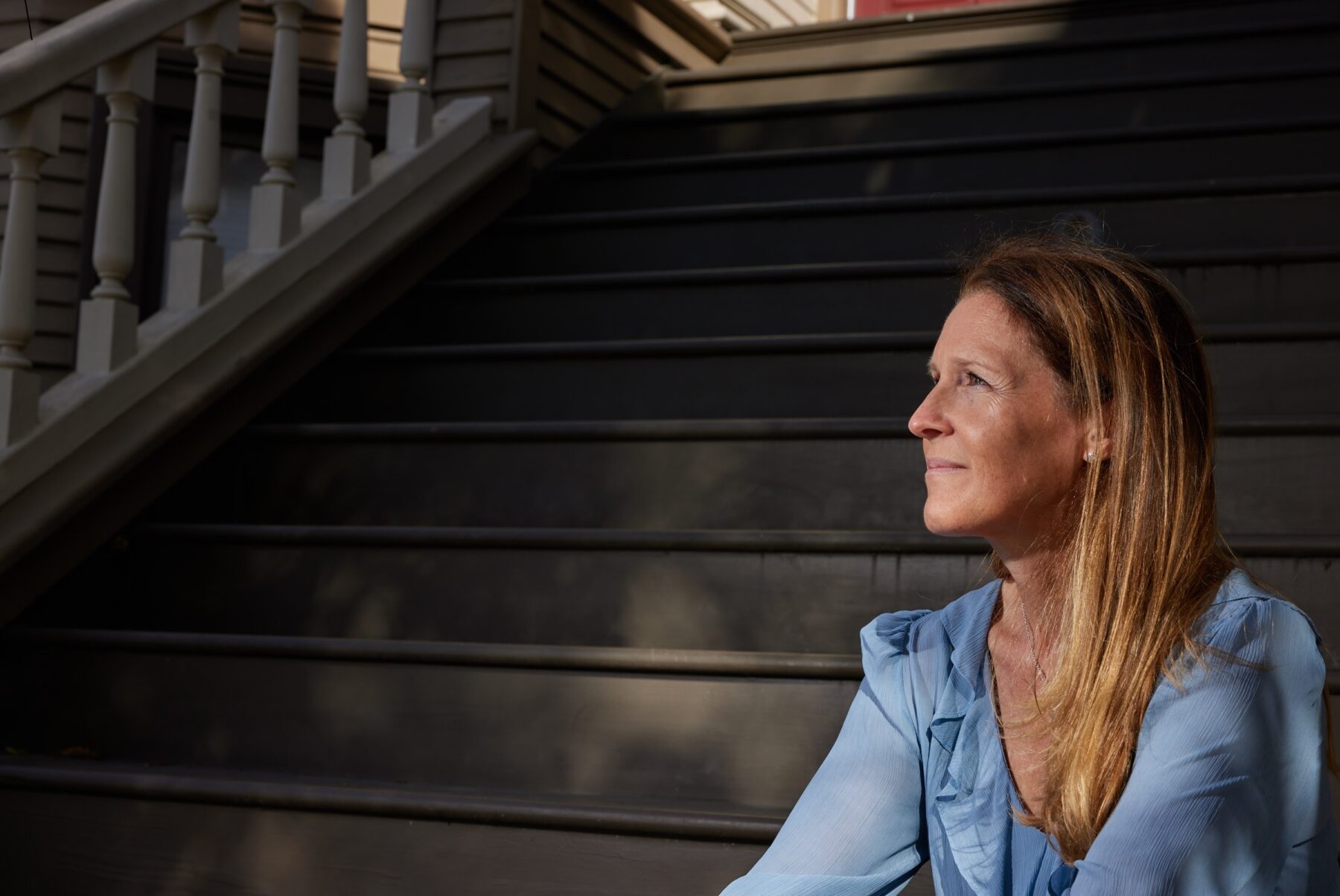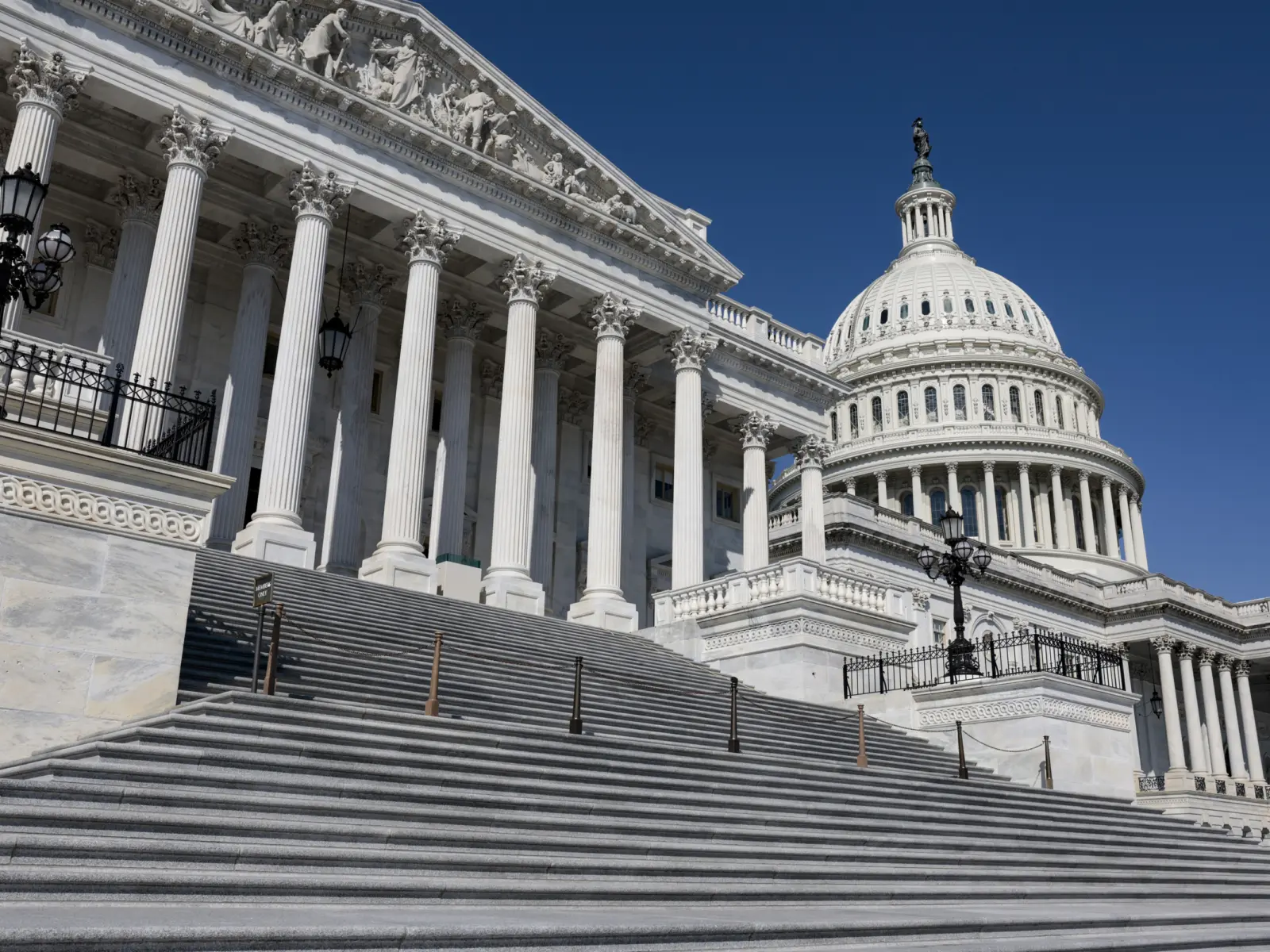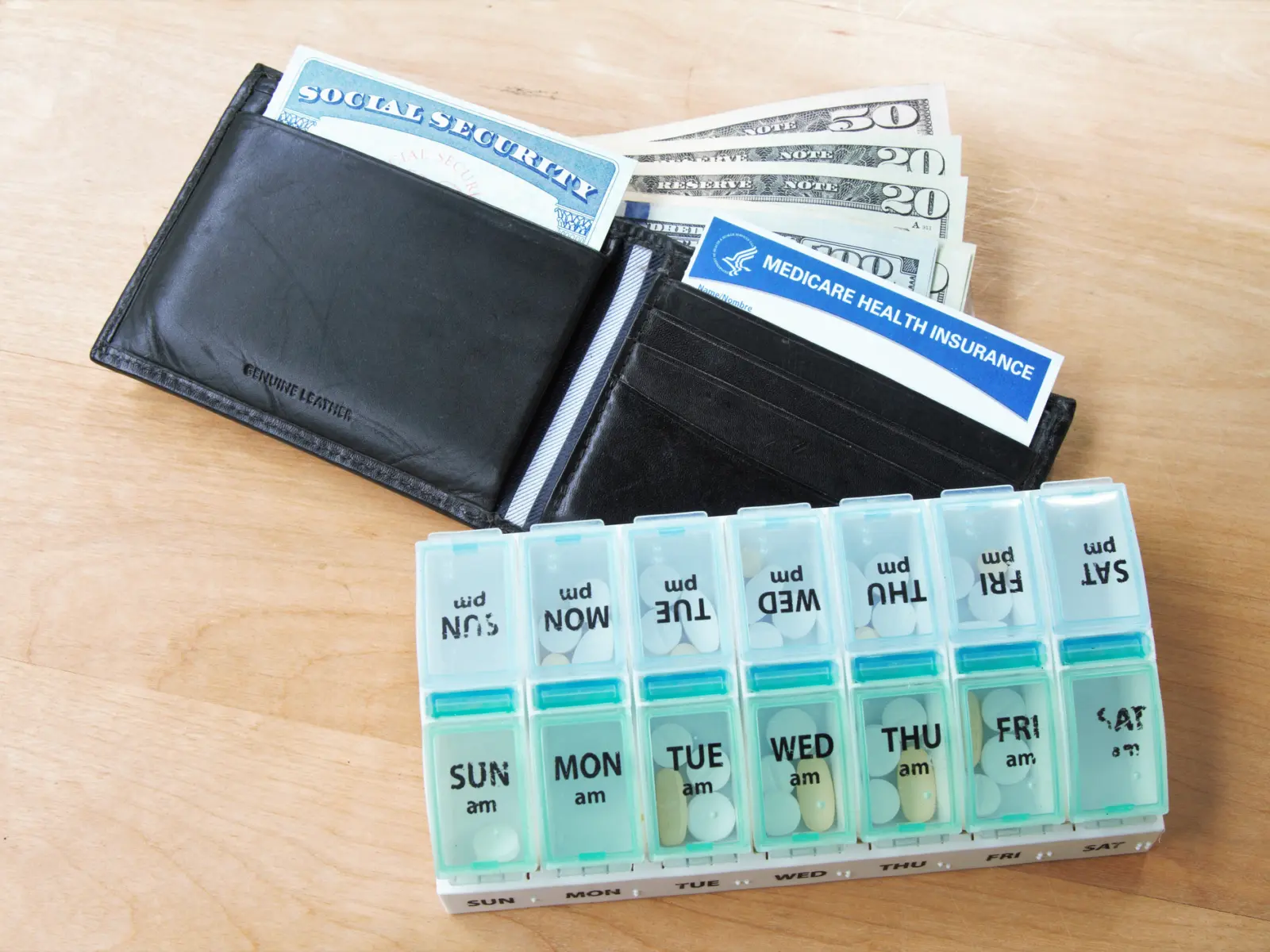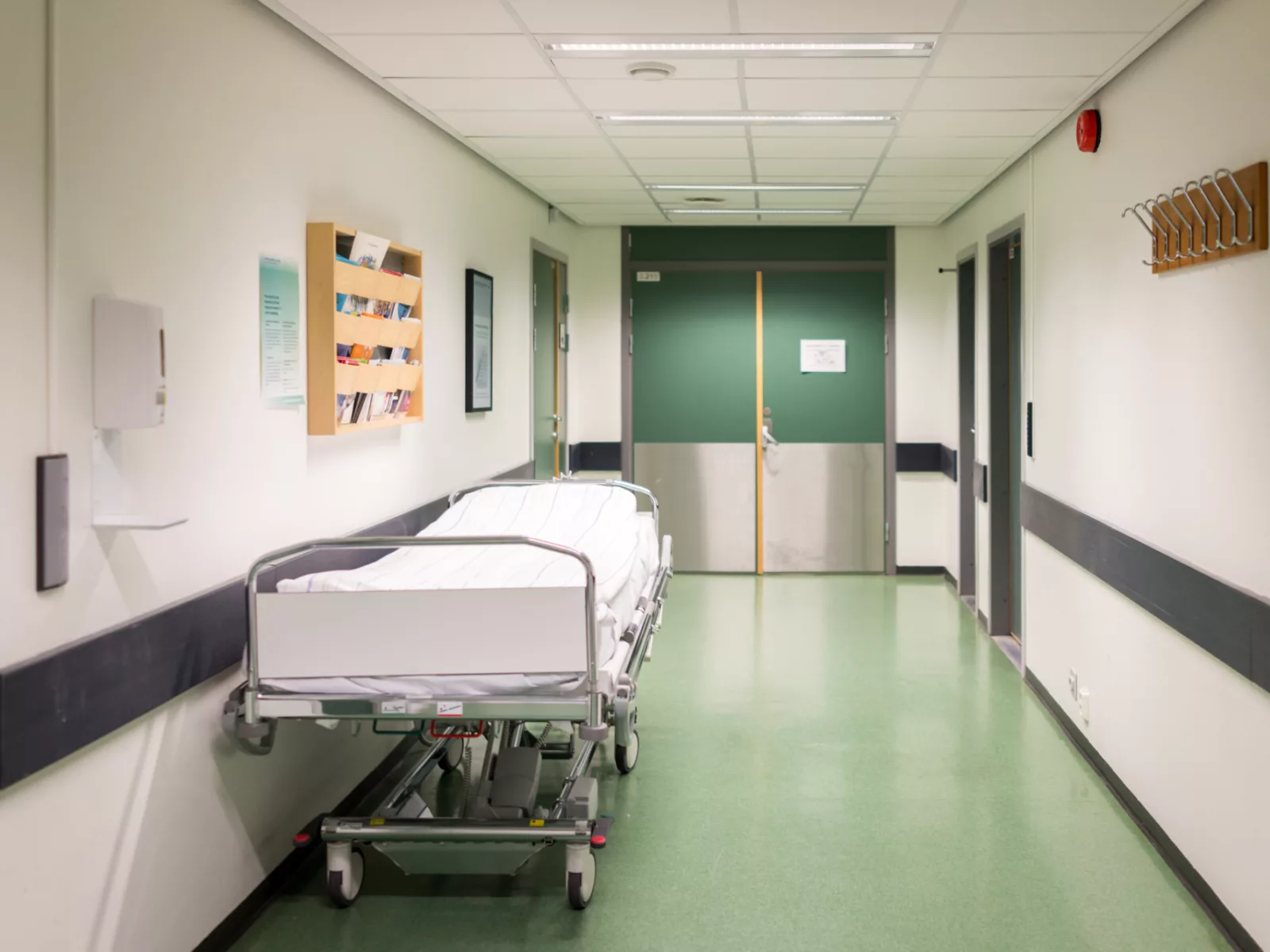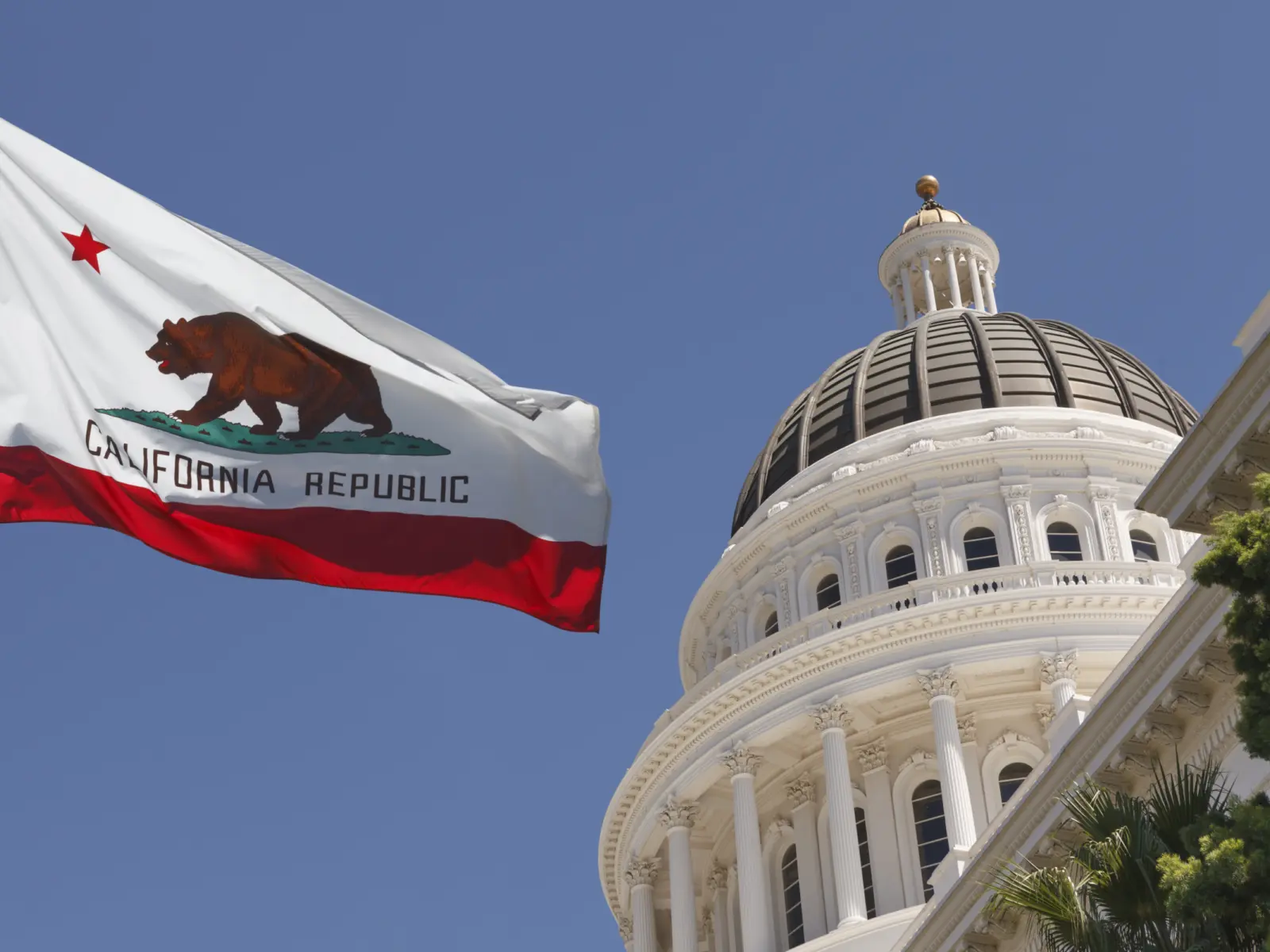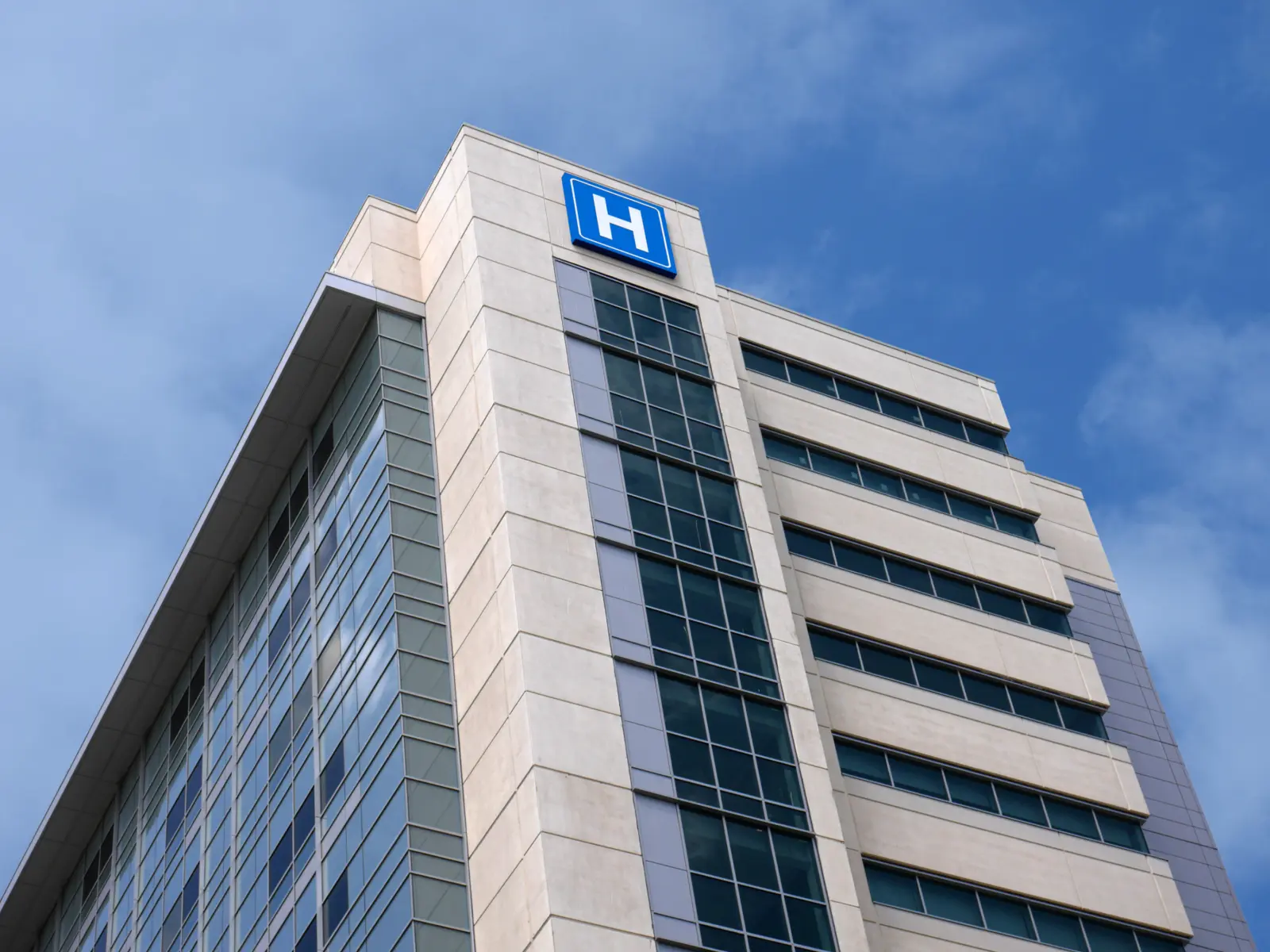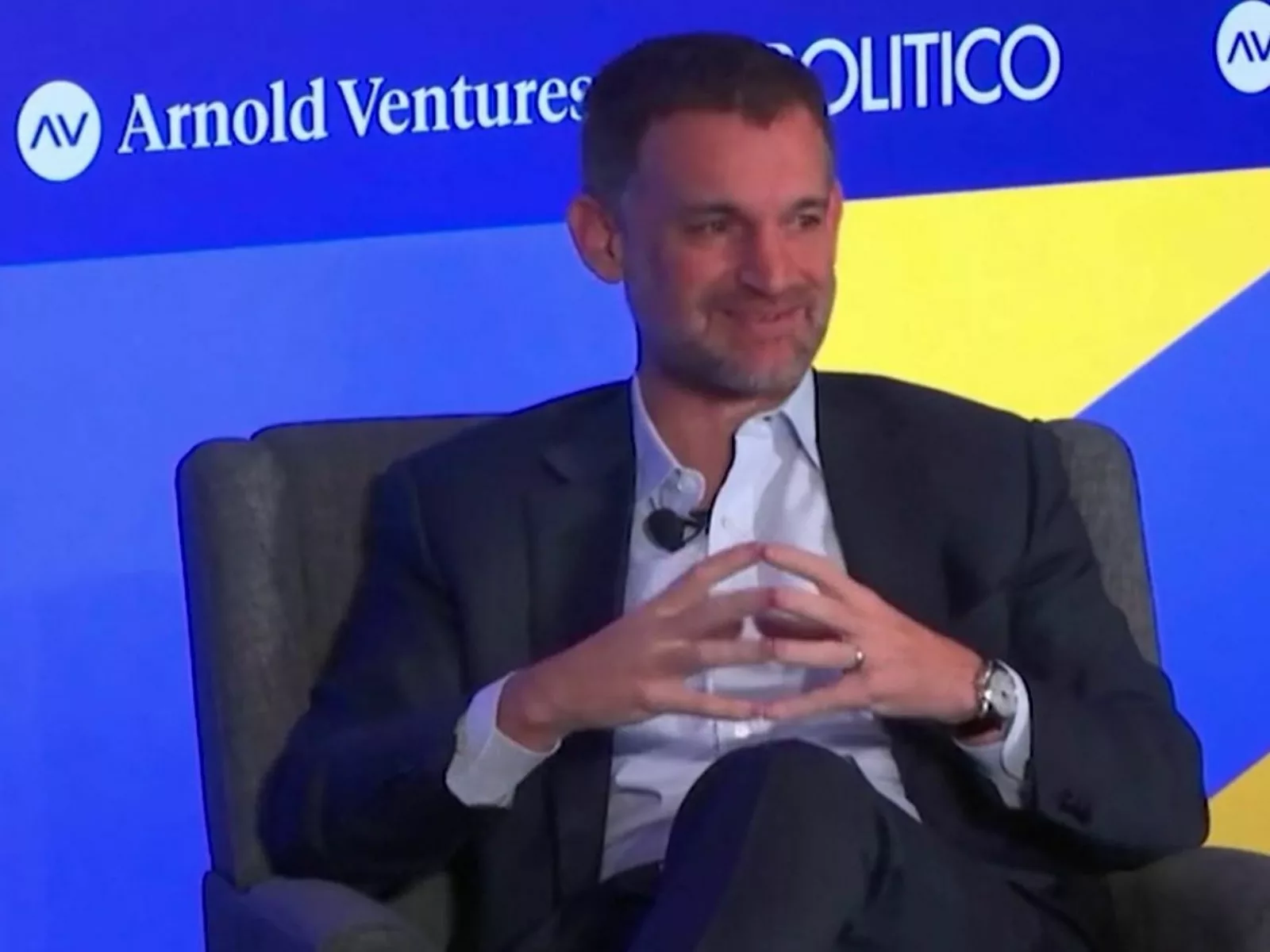The air ambulance bill arrived before her 11-year-old daughter was even home from the hospital. Alexis Makmale’s little girl had been airlifted to a nearby hospital after careening into a tree on a family ski trip.
She looked on in stunned silence at the amount due: $64,851.
“There’s no way,” she remembers thinking. “That’s not even possible.”
But, it was possible. Three years ago, the family grappled with the financial burden of trying to find a way to pay the massive surprise bill that followed Hannah’s accident, which left her with a fractured hip, pelvis, and spine.
Today, families like the Makmales are protected from receiving surprise out-of-network medical bills in these situations thanks to the No Surprises Act (NSA). The new federal law — a major win for patients across the United States — went into effect on Jan. 1.
Prior to the passage of the NSA, millions of Americans received expensive surprise bills, many of which ran upwards of thousands of dollars. These unexpected bills — typically resulting from an out-of-network provider that the patient was not able to choose — could not only financially devastate individual patients and families, but also resulted in higher premiums for everyone. The NSA is an important step in protecting patients and lowering their health care costs

In spite of these new robust patient protections, there are still services where patients can receive a surprise bill. For example, nearly three of four ground ambulance rides are accompanied by a surprise bill — and consumers aren’t protected under the new law from those unanticipated bills.
Understanding the New Protections
The NSA protects patients from surprise bills in many health care settings where surprise bills occur frequently. These include emergency rooms, nonemergency hospital procedures where patients don’t get to choose the ancillary providers administering their care (e.g. radiologists and anesthesiologists), and air ambulances. Prior to the passage of the NSA, approximately 1 in 5 emergency claims and 1 in 6 in-network hospitalizations for those with private insurance included at least one out-of-network bill.
These new protections shield patients and families from financial devastation after receiving a surprise bill, and remove patients from the middle of payment disputes between plans and providers for out-of-network care. Patients are only responsible for the amount that they would have paid for in-network care.
“It gives me peace of mind to know that other families are now protected from surprise medical bills,” Makmale said. “No one should have to endure sticker shock, months of paperwork headaches, and excessive bills just because they had a medical emergency in the wrong place.”
As the NSA was implemented, the Administration designed guardrails on the process to make it harder for providers to use the arbitration process to increase their payments for out-of-network care when it is not warranted. These inflated payments ultimately increase the premiums paid by families and employers. These guardrails are intended to help realize the law’s full benefit for patients by reducing health care premiums – which surprise billing increased by about $40 billion each year – and lowering costs for consumers and employers, as well as federal spending.
Patients Celebrate the NSA
“At the time we were hit with our bill, I did not know this was a widespread problem,” Makmale said. “I’m glad that there is a solution.”
There are countless stories like Makmale’s family’s. Nicki Pogue, of San Francisco, spent five months fending off a $13,000 surprise bill she received in 2018 after experiencing trouble breathing, a racing heart, and tingling hands and feet days after an endurance event. A friend had rushed her to the closest hospital emergency room, where Pogue underwent a battery of tests to rule out life-threatening scenarios, such as a blood clot.

Under the new NSA protections, Pogue would have been shielded from the $13,000 bill, leaving the hospital and her insurance company to sort out the bill. Instead, in 2018, that bill and burden fell to Pogue, a communications professional and mom to two teens. Nothing prepared her for the five-month billing marathon, during which she hired an attorney, leaned on her employer for clout, and engaged a consumer firm to fight the hospital over the charges.
She didn’t stop there. She called the press, City Hall, and California lawmakers to see how she could help others eliminate this financial stressor and administrative headache.
“I was digging my heels in,” she said. “I wasn’t about to give them a dime.” The hospital sent collection notices, and she feared she was ruining her credit. Eventually, her private insurance settled the bill.
Today, fully recovered and training for her next event, a triathlon, she said she is grateful for federal surprise billing protections.
“The point of having this bill pass was to provide some protection to consumers so that they don’t have to research in- versus out-of-network in a medical emergency. It seem[s] like such a no-brainer.”
The NSA continues to protect patients from receiving expensive surprise medical bills. Not only are individual patients protected, but all privately insured Americans — and their employers — will feel the benefits of the law as currently designed as health care costs decrease.
No Surprises Act: Key Points for Consumers to Know
How am I protected?
Under the new law, patients should not receive a surprise medical bill from an out-of-network provider:
- After receiving emergency care in an emergency room
- After receiving any care at an in-network health care facility
- After being transported by air ambulance (helicopter or airplane)
How do I report violations?
Patients with a complaint about a surprise bill can call a new federal helpline at 1−800−985−3059.
For further questions about surprise billing, visit www.cms.gov/nosurprises or call the hotline.
Legal Challenges by Providers Threaten to Undermine the No Surprises Act
Patients have waited a long time for the protections that the No Surprises Act put in place. Now, however, powerful hospital and provider groups who have used surprise billing as a tactic to generate revenue are working to weaken these protections. Six provider-led lawsuits have been filed on the NSA thus far, largely centered on objections to the arbitration process intended to establish reasonable rates for surprise out-of-network bills. On Feb. 23, a federal judge in Texas struck down a critical piece of the regulations to implement the NSA’s arbitration process for determining out-of-network payment rates under the law.
“Based on evidence from the states, [the Feb. 23] decision will make health care more expensive for consumers and employers and only serves to benefit providers who are focused on protecting their profits,” said Mark E. Miller, executive vice president of Health Care for Arnold Ventures, in response to the news.
“This is particularly insidious because these are providers that patients do not typically chose,” he said.
Both Pogue and Makmale expressed concerns about the potential for changes to the protections moving forward.
Pogue noted her optimism following the passage of the NSA, and dismay about opposition to it from providers.
“It’s frustrating to say the least. It felt like, finally, these stories were being heard, awareness was being brought to it. I hope things don’t go in the other direction. That would be such a devastation. We’ve come so far.”
“The goal of the The No Surprises Act was to protect consumers from high and growing health care costs by banning the egregious practice of surprise billing and reducing their premiums and cost-sharing,” said Erica Socker, vice president of health care for Arnold Ventures. “Policymakers must fully implement the NSA’s important patient protections in a manner that reduces health care costs for patients and families across the country to realize the full benefit of the law.”

